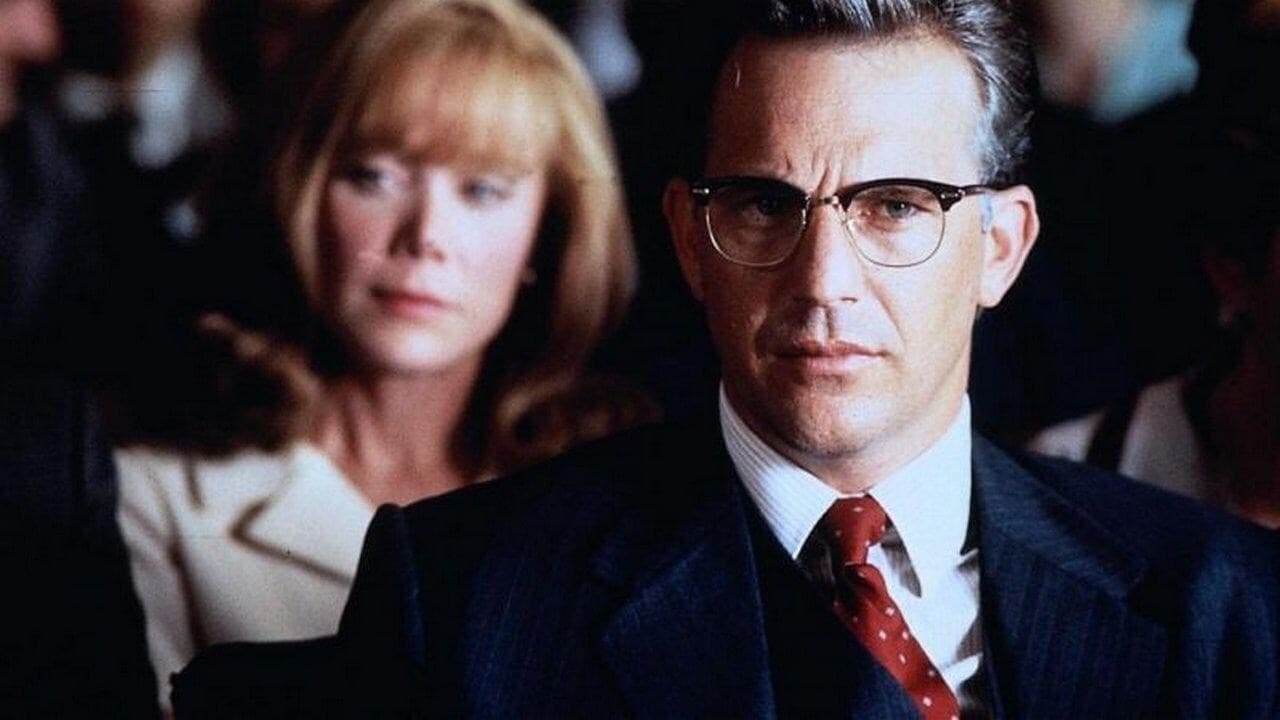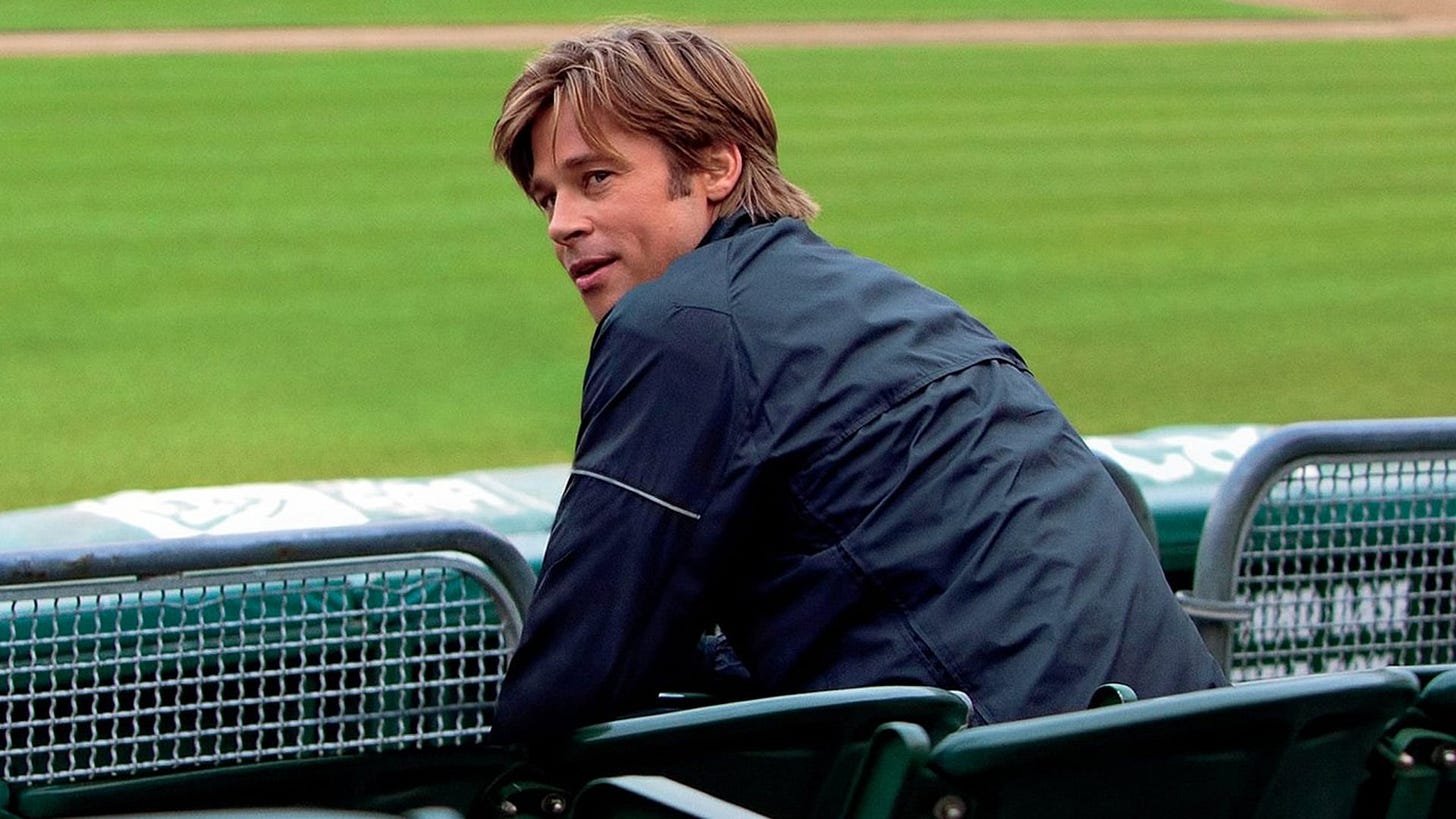Weekly Watches: August 7, 2024
Sharing Our Team's Recent Discoveries: Weekly Watches with 100 Movies Every Catholic Should See
Sansho the Bailiff (1954)
Directed by Kenji Mizoguchi.
By Charles Scott
Throughout the Eucharistic Congress, which I had the privilege of attending, there were quite a few recurring themes throughout the week. One of these pertained to evangelizing; going out into the word, and living in accordance with the words and teachings of Christ. This is to be expected, as the conclusion of Mass comes with the “Go and proclaim the Gospel of the Lord”, so it is not a new concept to us. When I turned on an old Japanese film upon my return from the congress, I was surprised to find a beautiful film filled with Christian morality and ideals that went hand in hand with what I had just experienced and what ultimately we believe as faithful Catholics.
Sansho the Bailiff is not the typical samurai film set in feudal Japan that I’ve become accustomed to. There are, in fact, no samurai at all. It is about the household of a beloved Japanese noble whose household gets broken up over time by various parties. The film is named after the oppressor and antagonist, known for his cruelty. The richness of the film is in its craftsmanship and themes. Sansho is about sacrifice and humanity. In the opening scene, a wise and beloved governor gives his children words of wisdom to live by. He tells them, “Without mercy, man is like a beast. Even if you are hard on yourself, be merciful to others.” These words are echoed throughout the film and are ultimately the saving grace of certain characters. Some sacrifice themselves so that others may live to remember and abide by these teachings, in a most Christ-like fashion.
Another wholesome and surprising message shown is individuals selflessly using their positions of power to bring about justice and kindness to others, no matter what the professional consequences may be. This is a message that needs to be shown to more and feels more needed than ever before. Following in the footsteps of those beloved for their kindness and mercy is precisely what we are all called to do as Christians, and of all places I found this message lying in a 1950s Japanese film.
Sansho the Bailiff may not be on the list of films every Catholic should see right now, but I would argue that it should be at minimum an honorable mention. It has such admirable themes, wonderful performances, excellent writing, and incredible cinematography that I will be highly recommending this to anyone who can watch it.
JFK (1991)
Directed by Oliver Stone. Starring Kevin Costner, Tommy Lee Jones and Gary Oldman.
By
Every true work of art produced is in some way an attempt on the part of the artist to convey some sort of meaning or message. Sometimes the meaning can get lost in the visuals, or the message can play out heavy-handed, but in the end its presence- even if muted- is why a work ends up being lasting rather than fleeting. In his 1991 masterpiece, JFK, Oliver Stone certainly has something to say- in fact, he has three hours and 26 minutes of stuff to stay (three hours and 43 minutes if you watch the Director’s Cut like I did)- and somehow, at the end of the film, one feels that Stone could’ve gone on for much longer. Stone grips you right from the beginning and refuses to let you go, inundating his audience with ten sealed manila envelopes’ worth of facts and speculation that, as Roger Ebert put it in his (four-star) review- “reflects our gut feelings” about the dark forces at play in our world, and forces the viewer to reckon with everything presented and make our own judgment.
The film follows Jim Garrison (Kevin Costner), the real-life district attorney (who actually cameos in the film as Justice Earl Warren) who to this date has brought the only public prosecution in the Kennedy assassination. To go through the rest of the cast- almost all playing real-life figures- is to name some of Hollywood’s finest in that time- Gary Oldman, Donald Sutherland, Tommy Lee Jones, Joe Pesci, Jack Lemmon, Walter Matthau- each providing the appropriate emotional connection required to keep us on track in a film with so many characters (Christopher Nolan imitated this tactic with Oppenheimer, but in this reviewer’s estimate, to a lesser overall product). It may have an intimidating runtime, but JFK, especially now more than ever, stands as an important American film that reflects the importance of common justice and persistence against the forces of evil even when they emanate from our own government.
The Great Gatsby (2013)
Directed by Baz Luhrmann. Starring Tobey Maguire, Leonardo DiCaprio, and Carey Mulligan.
By
I accidentally dove pretty far down a Great Gatsby rabbit hole recently. As the novel prepares for its hundredth birthday next spring, it has enjoyed a resurgence in popularity partly due to the debut of the new Broadway musical Gatsby. After listening to the musical soundtrack it seemed right to watch the movie and reread the book to prepare to see the production onstage. Having never seen the 2013 film, I walked in with some preconceived doubts that I could separate Tobey Maguire’s portrayal of Nick Carraway from his Spiderman. I also only knew this movie insofar as that one meme template of Leonardo DiCaprio raising a glass as fireworks light the sky behind him. Armed with that knowledge, and the knowledge that director Baz Luhrmann likes to go big, we go in.
The funny thing about watching a movie about the roaring 20’s in all its glory, decadence, luxury, waste, and ultimate emptiness, is that 100 years later in our modern roaring 20’s there is a sense that the more things change, the more things stay the same. After a century of wars, explosive growth, and technological advances we seem to be right back in that era of overconsumption, irresponsibility, and mindless pleasure-seeking. Part of this feeling is accentuated by the fascinating artistic choice of the film using a soundtrack composed of 2000’s pop hits, rather than era-appropriate music. Stunting culture, insane flexes of wealth, and the idealization of sexual “liberation” is just as prominent as in the roaring 2020’s. Existential tangent aside, this movie was pretty fun.
The basic story is etched in the mind of most high school students, but to quickly contextualize, Midwestern newcomer Nick Carraway (Tobey Maguire) is thrown into an insane whirlwind of wealth, scandal, and infidelity when his incredibly dashing, rich and mysterious neighbor Jay Gatsby (Leonardo DiCaprio) employs Nick’s help to win back Gatsby’s former lover, the very married Daisy Buchanan (Carey Mulligan). The characters and tone were captured brilliantly, and similar to the complementarities of cheese and wine, the wild raucous party scenes were paired very well with the slower, somber moments of contemplation and heavy regret. The unhinged chaos of Gatsby’s parties are the star of the show, and Luhrmann truly does go big. The dazzling glitz and glam in the film are heavy-handed, but they're meant to be. Gatsby is a melodramatic emotional wreck, and he’s meant to be. The culture of the 1920’s was incredibly hyperbolic, and that is captured in all its flash and flair in this film. Several times the sheer over-the-top spectacle of it all drew out many surprised laughs that were maybe not the intention of the production, but overall this was a fun movie night that did not hold back. Check it out, old sport.
Moneyball (2011)
Directed by Bennett Miller. Starring Brad Pitt.
By
Moneyball has all the ingredients for a great movie; unfortunately, oscar-worthy talent (Brad Pitt, Philip Seymour Hoffman, Aaron Sorkin, etc.) coagulates into a just-off-the-mark “A-” film through its muddy editing and lack of a clear story arc for the second and third acts of the film. The plot threads of Beane’s divorce, job prospects, relationship with his daughter, and connections with the team become tangled into an unresolved knot. Nonetheless, this is a fun, albeit formulaic, watch.















went to Sansho the Bailiff with folks from my parish a few years ago, outstanding.